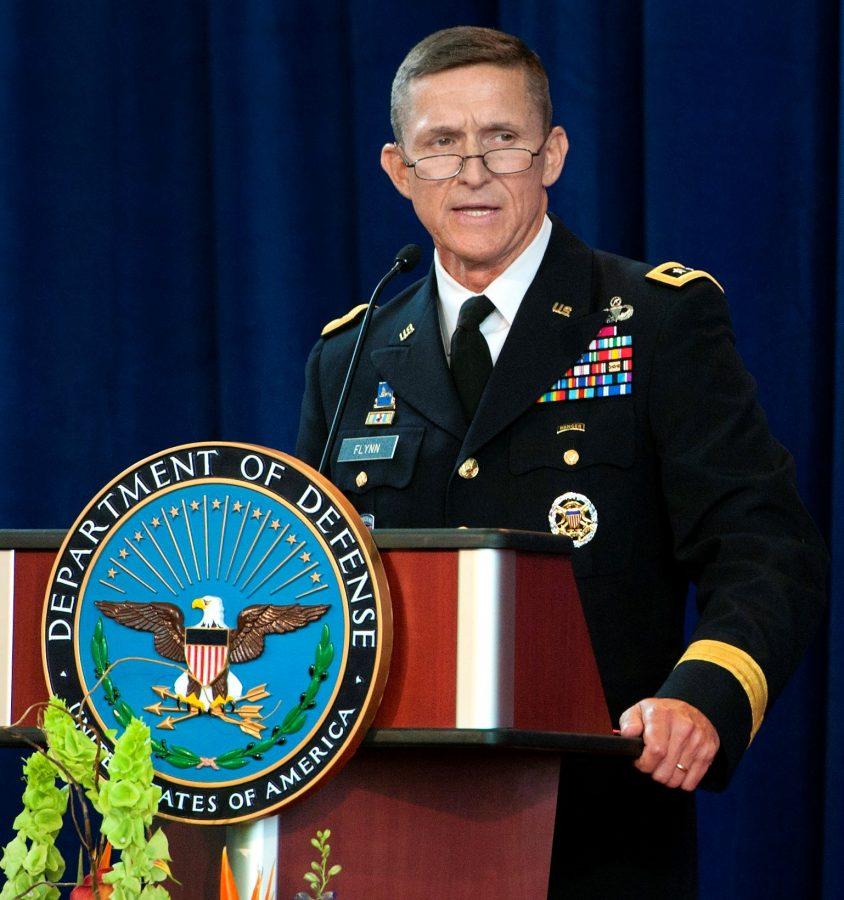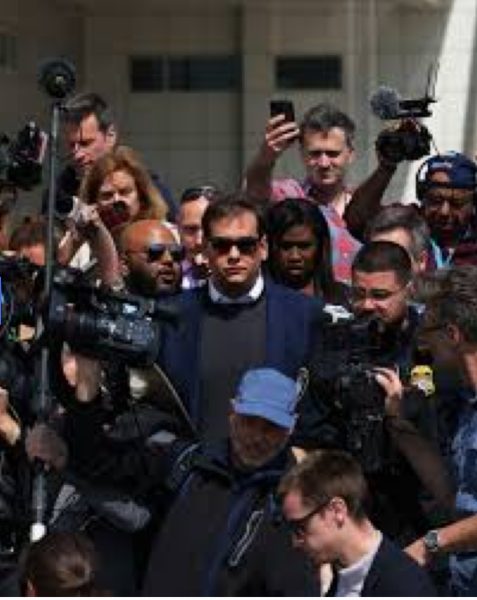President’s National Security Advisor Resigns
Army Lieutenant General Michael Flynn speaks at the Defense Intelligence Agency change of directorship at Joint Base Anacostia-Bolling, July 24, 2012. Army Lieutenant General Ronald Burgess Jr. turned over directorship of DIA to LtGen Flynn after serving in the position since 2009. DoD photo by Erin A. Kirk-Cuomo (Released)
After only 24 days as National Security Advisor for the Trump Administration, former Army Lieutenant General Michael Flynn has resigned. Flynn misled Vice President Mike Pence about talks with the Russian ambassador possibly involving U.S. sanctions. These calls seemed to have taken place before the inauguration on January 20th, 2017.
This is not the first time Flynn has had issues involving the President. In 2014, as the head of the Defense Intelligence Agency, former President Barack Obama fired Flynn. Flynn believed to have been relieved of duties because of difference in views with Obama about handling Islamic terrorism.
However, a senior advisor to Obama said Flynn was fired due to insubordination, saying Flynn failed to follow orders from his superiors.
“The level of trust between the President and General Flynn had eroded to the point where he felt he had to make a change,” said White House spokesperson Sean Spicer. “The President was very concerned that General Flynn had misled the vice president and others.”
In his resignation letter, Flynn stated that he “briefed the vice-president elect and others with incomplete information regarding my phone calls with the Russian Ambassador.”
Michael Flynn was a Lieutenant General in the United States Army where he served for 33 years. He is a graduate of the University of Rhode Island, as well as the Naval War College. He joined the Army as a second lieutenant in 1981. During his time in the service, he was in charge of numerous highly classified military operations, and received four bronze stars throughout his time.
While serving in Iraq and Afghanistan, he was a top intelligence official who was credited with developing a system to use battlefield intelligence to hunt down terrorists and destroy their networks.










